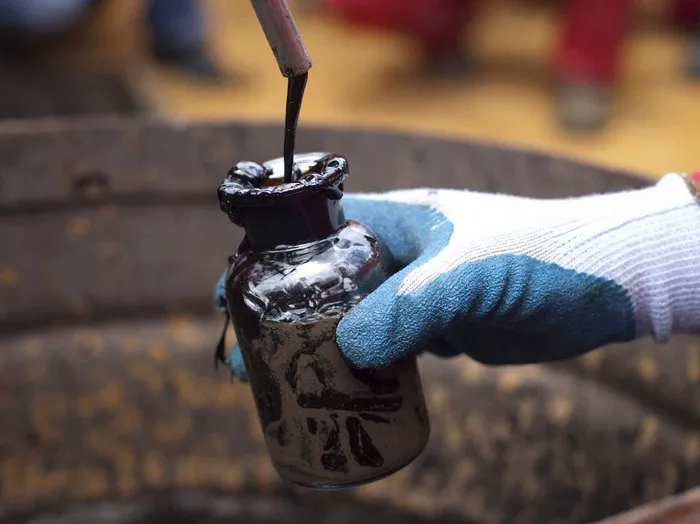The State Department said the decision to reduce personnel in Iraq was “based on our latest analysis.” A Pentagon statement said Defense Secretary Pete Hegseth had approved the evacuation of families of U.S. troops stationed in the region.
Neither statement mentioned specific threats. But it came after the New York Post published an interview with President Donald Trump in which Trump said he had little confidence that the United States could reach a deal with Iran. The two countries are negotiating a deal that would limit the Islamic Republic’s nuclear activities in exchange for Iran lifting sanctions.
Trump has consistently said he wants to reach a deal with Iran, but the United States may take military action if Tehran does not accept the agreement.
“I sincerely hope that the negotiations will not go this far and hope to reach a solution. But if they do not do this and impose the conflict on us, the other side will undoubtedly suffer greater losses. We will not hesitate to target all U.S. bases in the host country.”
The United States and Iran are scheduled to hold the sixth round of talks in Oman on Sunday. Oman’s foreign minister, who is mediating between Washington and Tehran, said Thursday that talks were still ongoing.
Oil prices rose on reports that the United States would withdraw non-essential diplomats from the Iraqi capital. They later gave up gains, with Brent crude down 1% at just over $69 as of 9:15 a.m. in London. Oil prices are still up about 4% for the week, reflecting heightened tensions in the Middle East.
“The Iraqi side has not seen any signs of security that would require such an evacuation from the American embassy,” Iraq’s state news agency quoted a government official as saying.
U.S. officials have been informed that Israel is ready to launch military action against Iran, one of the reasons why the Trump administration recommended that some Americans leave the region, CBS reported late Wednesday, citing multiple unnamed sources. The initial reports did not provide a specific timeline for any action.
Israel has been cautious about whether Tehran will abide by any diplomatic agreement with Washington and has said it reserves the right to attack the Islamic Republic with or without U.S. help.
Shortly before the CBS report was published, the British navy said any incidents could affect shipping, including through the Strait of Hormuz, through which most of the world’s maritime oil and gas shipments pass. The UK Maritime Trade Organisation (UKMTO), a liaison between the navy and merchant ships, rarely issues such general warnings.
“UKMTO is aware of heightened tensions in the region, which could lead to an escalation of military activity. Vessels are advised to proceed with caution through the Arabian Gulf, Gulf of Oman and Strait of Hormuz,” the UKMTO said.
During times of geopolitical conflict, Iran has often threatened to close the Strait of Hormuz, but has never actually followed through. Saudi Arabia, Iraq, the United Arab Emirates, Qatar and Iran all export large amounts of energy through the Strait of Hormuz.
In addition to attacks by its own forces, Iran could also launch attacks through its proxy armed groups, such as the Houthis in Yemen.
Earlier: Why escalating tensions between Israel and Iran threaten to explode: QuickTake
Iran said it was preparing a new proposal on its nuclear activities for talks in the Omani capital of Muscat on Sunday. Iran’s deputy foreign minister, Majid Takht-Ravanchi, said on Tuesday that the proposal “could serve as a working basis.” He suggested that Iran was considering an interim deal as a framework while it worked out many of the extremely complex technical details.
Iran has long denied having a nuclear weapons program. However, its uranium is enriched at levels far above what is needed for civilian uses, such as fuel for nuclear power plants.
While the United States and Iran have generally said that five rounds of talks over the past two months have made positive progress, a key sticking point has been whether Tehran will be allowed to continue enriching uranium, albeit at low levels. Iran has said it will not stop enriching uranium. The United States has made conflicting statements on this, but in recent weeks, Trump has become more resolute that Tehran must stop enriching uranium completely.


































